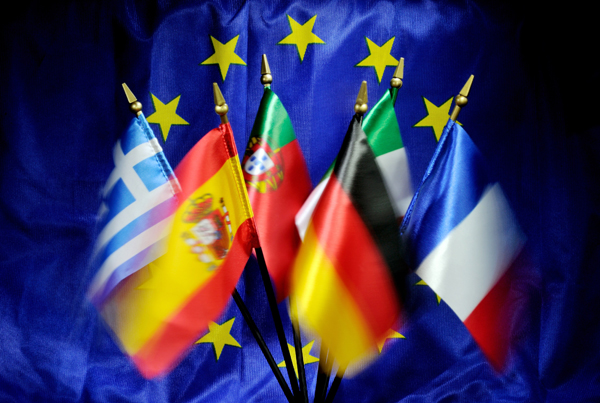Another EU-Led, Feel-Good Measure That Will Result in Disappointment
Luke Coffey /
As the Economic Community of West African States (ECOWAS) and the African Union (AU) prepare to retake northern Mali from Islamist militants, the European Union (EU) formally agreed to the deployment of an EU-led military force to train the Malian army to undertake this mission.
The challenges of the task the EU has set before itself should not be underestimated. Mali is a landlocked country (almost twice the size of Texas) and maintains a poorly equipped army of 7,350 soldiers. The rebel forces, including members of the nomadic Tuareg tribe and Islamic militants linked to al-Qaeda, control a section of the country roughly the size of France. Clearly, the Malian army is neither big enough nor possesses the required capabilities to bring security across the whole country.
Professionalizing a Malian military capable of defeating well-resourced Islamist fighters spread throughout a vast territory will be no easy task. So how many thousands of troops will the EU need and how many hundreds of millions of euros will it cost? Not very many, according to the EU.
The mission agreed to by the EU Council yesterday calls for the deployment of only 200 trainers and will have an operating budget of between €5 million and €6 million per year. Compare this to the NATO training mission in Afghanistan (NTM-A). The NTM-A mission calls for 2,700 trainers and in 2012 had an operating budget of $11.2 billion.
Basically, every six hours, NATO spends the same amount training the Afghans that the EU will spend all year on training the Malian Army. With only 8 percent of the manpower of NATO’s training mission in Afghanistan, the EU’s training mission in Mali is not a serious effort—it is a joke. Considering the mammoth task that the EU has set for itself and the paltry resources it has dedicated to achieving this task, the EU and the Malian government are going to be sorely disappointed.
Words in an EU Council Declaration may read well in Paris, Brussels, and Berlin, but they hardly matter to the Malian on the ground fighting for his country. If Europe is seriously concerned about security in Mali, then they are not showing it. Sadly, but unsurprisingly, this mission is nothing more than a feel-good measure for Europe’s political classes.

